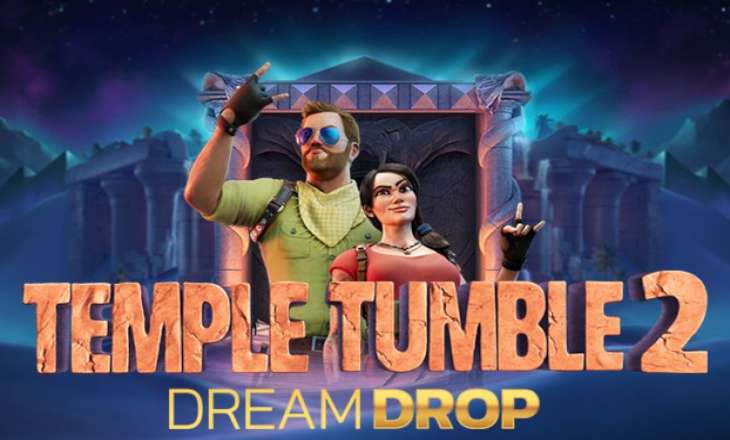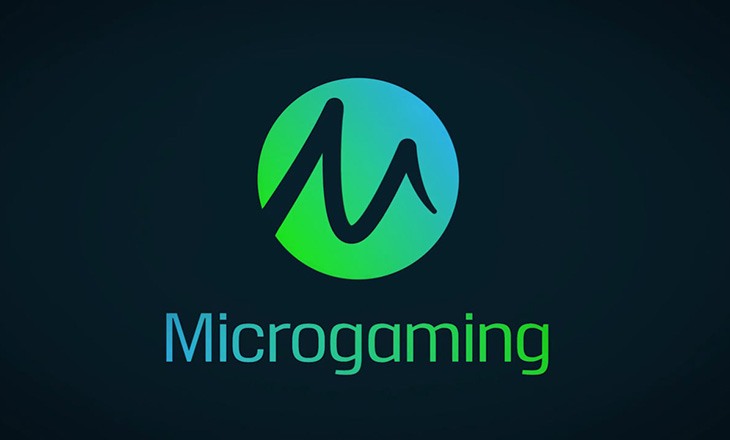All signs for the future are pointing to artificial intelligence (AI) and the avenues that will be opened for us when we properly harness the technology. Almost every aspect of gaming could find a way to benefit from the stride into AI and developers are already evaluating how they currently work and how AI could improve this. Casino gaming is a sector of the gaming industry that has remained current by taking advantage of the latest technological developments. It has historically used these to create a more exciting and immersive experience for players, while retaining the traditional aspects that people enjoy. So how could AI enhance the casino experience – both online and offline – and what will this mean for the future of casino gaming?
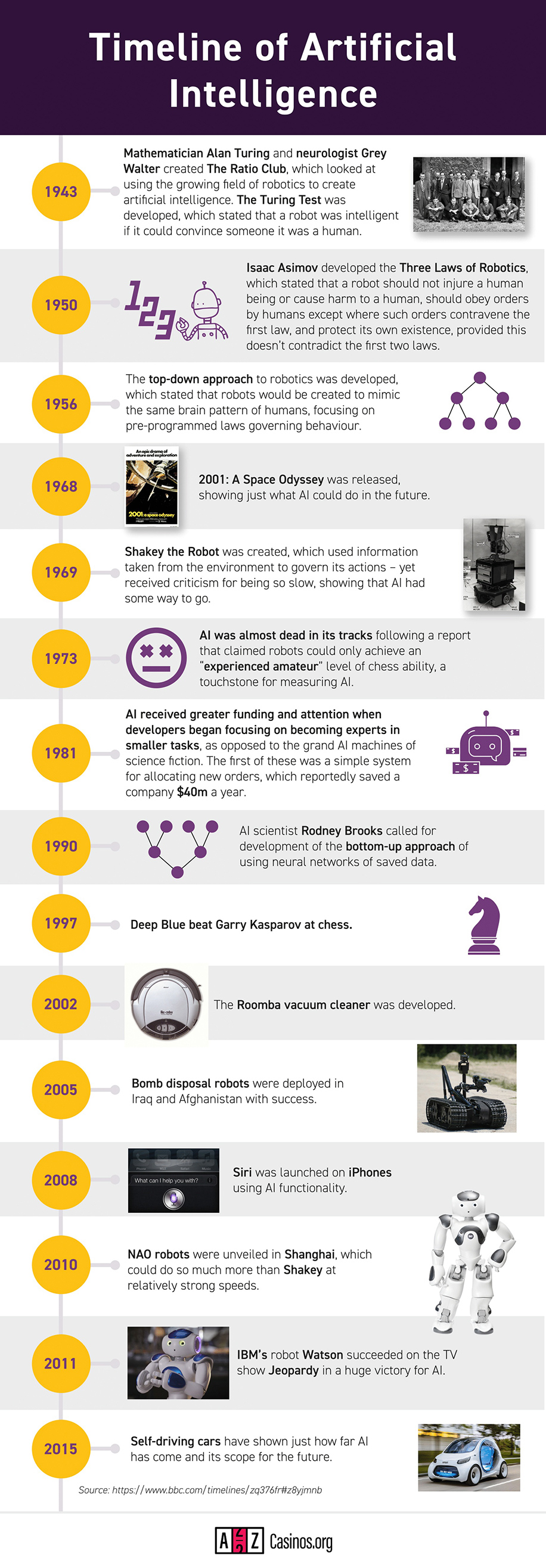
Where are we with Artificial Intelligence?
When it comes to AI, most people still only have a vague idea of what this means for them and where we currently are with it. Video game Detroit: Become Human recently explored the consciousness that would be possible in AI units, yet other experts state that we are a long way off from AI in the form that many speculate it to be. The human brain is designed to react and predict, while a mechanical brain is designed to memorize and take its next moves based on prior knowledge. This AI in its simpler form, such as the chess supercomputer Deep Blue, beat chess grandmaster Kasparov back in 1997. This kind of AI was programmed to respond to movements in chess and had a catalogue of strategic decisions to make based on what it had memorized. As gaming technology advances, the speed it would take to make these decisions is likely to improve. So how would this form of AI work in a casino environment?
AI in Offline Gaming?
Most offline gaming is done through the player versus the computer (CPU). Since the advent of gaming, the game has been able to fight back and prove enough of an opponent to add a level of difficulty – from platform games such as Crash Bandicoot and Spyro the Dragon to Call of Duty, Just Cause, Dead Rising, Fallout and Red Dead Redemption. Each opponent in the game has had a personality and responded to moves the player makes. Each generation of gaming is able to make these CPU opponents more lifelike and increase how much they can respond and what triggers them. The better AI becomes, the more these opponents will be able to think reflexively, which would give a more immersive experience to the game.
Some argue - such as Nigel Toon of smart-chip developer Graphcore - that the current hardware is what is holding back the development of stronger AI. The step-by-step approach that forms the basis of the CPU for most offline gaming is too slow. The solution seems to be to consider computer workloads in a different way – sharing on the Cloud or allowing GPUs (graphics processing units) to assist to make decisions not only faster, but the correct decisions that prove to be a formidable opponent on the game. The major bonus for offline gaming would be advanced opponents that add difficulty to the game, not just because they are artificially stronger, richer, or quicker, but because the decisions they make to react to the player are more calculated.
AI in Offline Casino Gaming
So, when it comes to casino games specifically, the current trajectory for AI development looks to be leading to stronger opponents. Casino games are turn-based and effectively, there are a finite amount of possibilities for the next move. So, AI, as it stands, can be taught which moves to make and be given a bank of information that will help them react to your moves and analyse the cards they hold themselves. Players could choose the difficulty level, such as with poker or blackjack, and find an opponent that is a match for them or even significantly better. This can be especially beneficial for those who practice playing casino games to improve their strategic ability at the game.
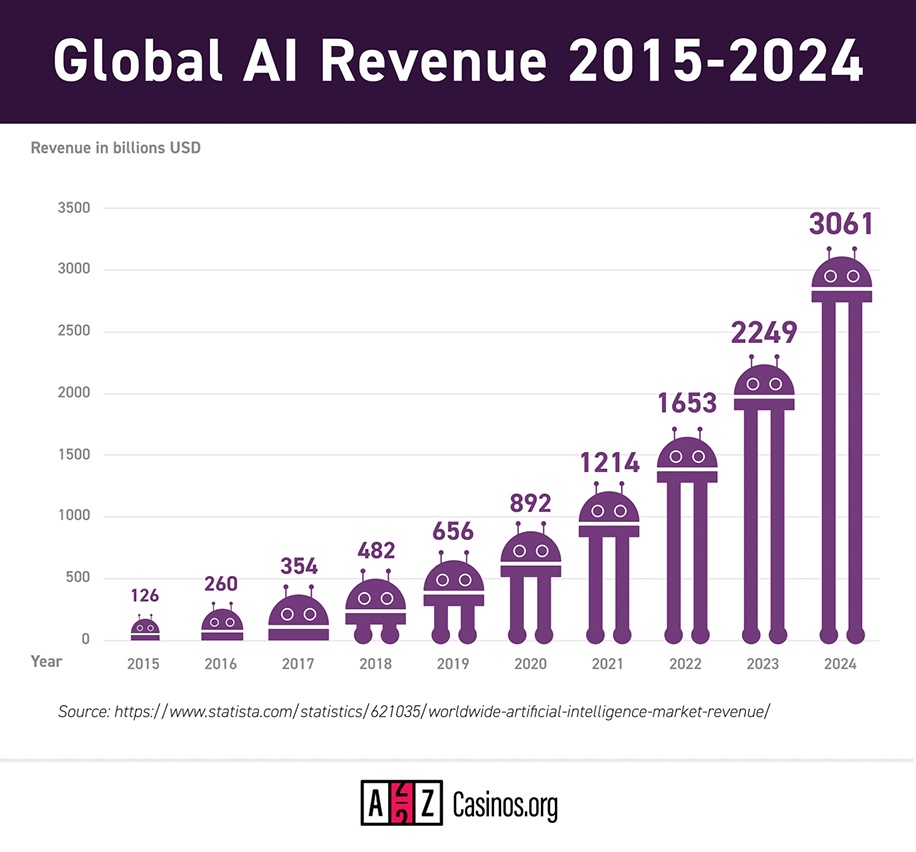
Most people opt to play against others, which is essentially why the rise in online gaming and multiplayer gaming came from, because the opponents are likely to be stronger. The technology here could lead to fully offline casino experiences that allow players to practice and build their skills in a realistic environment. In poker, for instance, there are different types of players, and the computer could be designed with a set of rules for each type, allowing players to practice against those who might be riskier with their moves or those who bluff more
AI in Online Gaming
When it comes to online gaming, which has a larger scope for what technology can offer, AI is also set to enhance the experience. For starters, mobile gaming is absorbing a lot of development and funds given how the industry is rising and players are drawn to the gameplay and functionality. 2018 saw mobile gaming take 51% of gaming revenue, while 2019 will see 54%, with this number rising to 59% by 2021. Given the push for online gaming here, AI looks set to help give an added element to the multiplayer aspect, by enhancing the NPCs (non-playable characters). Given how the main reason for creating online MMOs was to have players compete against worthy opponents, having other elements of the games suffering seemed redundant.
Big data has definitely helped improve online gaming, mainly so that developers can learn from the shared knowledge of previous failures. Indeed, every subpar attempt has been documented and this knowledge can be drawn upon so that developers know what not to do. But deep learning has helped this even more as NPCs can compete against one another until they resemble a skilled human player, thus upping the level of sophistication of the game and representing true online gaming.
AI in Online Casino Gaming
Online casino has long been known to develop in line with technological advancements. Graphics in a game can have a bearing on how much a player enjoys playing the title, so developing these as the processing power for graphics improves is crucial. Video slots, for instance, have risen as technology allows them to and often these offer additional benefits for winning players through graphics. The gameplay itself has advanced, with winning reels being integral to completing something else. The Castle Builder slot from Microgaming, for instance, involves building structures, with materials collected as players win the reel. This gamification is just a small aspect of how online casino gaming is matching the growth of online gaming and the technology it provides in general.
When it comes to online casinos, the dealers are some of the most important aspects of the game and can vastly alter a player’s experience with the online casino. The advent of live casino has greatly improved how players view dealers and the powers that dealers are afforded. Poker, especially, benefits from this, as players will be forced to regulate their facial reactions, even though the liver dealer can’t see them. This helps them practice for the interpersonal aspects of the game. But as AI improves, could we have a fully AI dealer and even opponents to add a further level of immersive difficulty to the game? The technology already exists, as the chess computer proves, for a game that has a finite number of moves. Adding to the gamification element, there could be opponents of certain difficulties that need to be beaten, to add an extra level of gameplay.
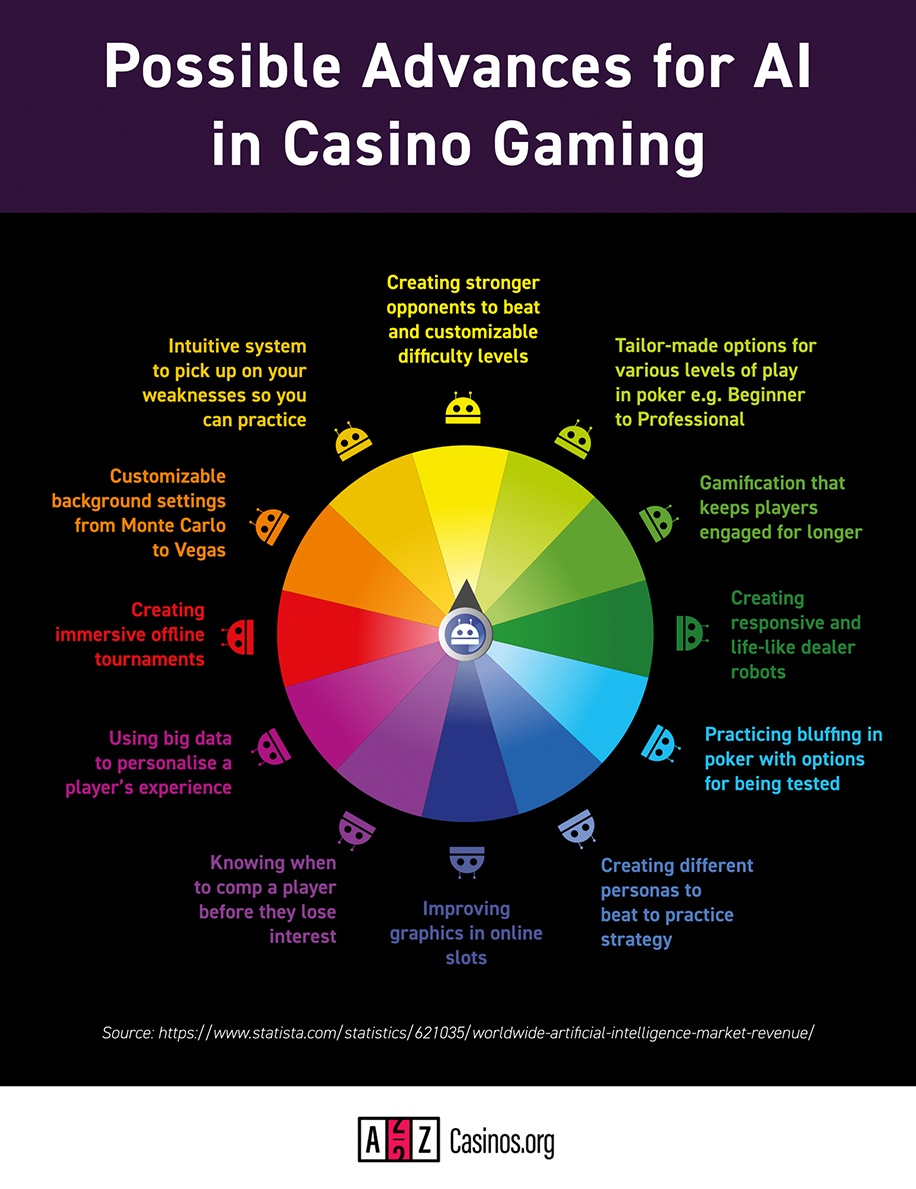
As AI software develops in order not just to rely on its stored data, but to be more reflexive with its responses, the scope for what AI elements can bring to online casino increases. The challenge of attempting to beat these AI bots could also help increase the interaction with the industry by younger people. Those who have grown up with gaming as a factor in their lives are constantly on the lookout for something that challenges their perceptions of the industry. Targeting those who might want more of a change and to sample new technology could open online casino to a new audience, while the traditional elements remain enough of the same so that they wouldn’t put off diehard fans.
AI seems to be the buzzword when it comes to growing technology, and a lot of what has been promised hasn’t lived up to its deployment. However, the gaming industry is able to use the principles effectively if they take the right aspects of AI and apply them where they would be most effective. Indeed, changing how we look at AI and how it can use data in online and offline casino effectively in order to really harness its benefits. AI is definitely absorbing a lot of money and a lot of the brightest brains in technology, so we will continue to see its effect across the entire gaming industry.





